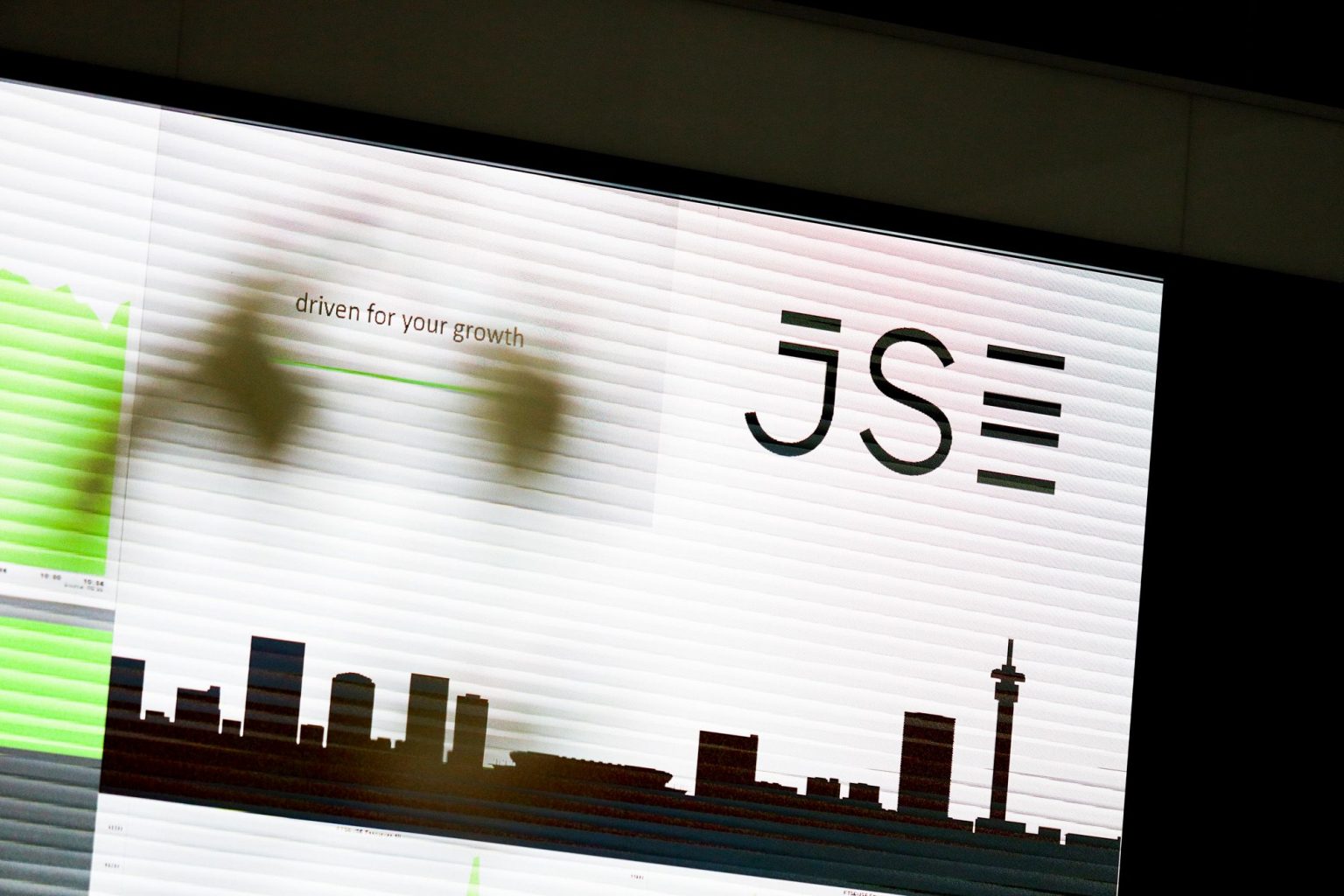Big five SA Reits have lost over R100bn in value

Sure, defensive stocks have underperformed significantly over the past five years, but there’s a sector on the JSE where investors in five leading shares would, on average, have lost half their money. The benchmark index for funds in this sector is down 35% over five years, the shocking performance of locally focused counters masked by dual-listed stocks.
Yes, an investment in listed property on the JSE, specifically real estate investment trusts (Reits), has performed this badly since 2018.
The S&P SA Composite Property Capped Index, which funds and exchange-traded funds (ETFs) use as a benchmark, is down by more than a third between August 2018 and August 2023.
Once upon a time, property was considered to be as safe as houses.
An analysis of the largest Reits listed on the JSE shows that, excluding dual-listed counters, the five largest SA-domiciled Reits have lost an average of 51% of their value since the end of September 2018. This equates to just more than R100 billion in market capitalisation.
The five Reits are Growthpoint, Redefine, Resilient, Vukile and Hyprop.
Fortress (A) converted to a Reit in 2015 but lost this in February after the JSE stated that the company no longer met the minimum requirements to meet this status. It is excluded from this analysis.
Also excluded are Hammerson plc and Shaftesbury Capital, which merged with Capital & Counties in March.
Shaftesbury’s performance (adjusted for Capco pre-merger) was practically in line with the SA-based Reits. Hammerson’s performance, however, has been the worst of all. Its shares are down over 85%.
The flagship ETF in this category, the Satrix Property ETF, is down by 7.27% (annualised) over the past five years, arguably due to the mix of securities it holds – nearly a third are not Reit assets. Some counters have had a bigger impact than others.
Covid-19 shock
The problem is that listed property has simply not recovered from the Covid-19 shock. Added to that is the guidance picture, which is ‘mixed’, to be kind. More than half of property fund managers (including Reits) have guided either nothing, flat earnings or a decline.
Of course, these Reits are income-generating securities – theoretically, at least. Some Reits (including many globally) suspended distributions due to the Covid-19 pandemic. Since then, payouts of earnings have generally remained far below historical levels.
A report tabled at the recent Sapoa (South African Property Owners Association) Convention showed that, at best, 95% of earnings were being paid out. Of the larger Reits, this number is lower.
Growthpoint is paying out 82.5%, Redefine 85%, Vukile 81% and Hyprop 75%. Only Resilient paid out 100% of earnings.
On a total return basis, the overall JSE-listed property index has declined by an annualised 3.5% over five years to September, for a total decline of 17.5%. This means it has outperformed even cash on a five-year basis.
Cash delivered a return of 5.9% (annualised) over the last five years, while bonds earned 7.7% and equities 8.9%. Of course, this pales in comparison with returns that could’ve been achieved – and were – in global markets, particularly with the weakening of the currency.
Beyond just Reits, four funds – Fortress, MAS, Delta and Accelerate – are not paying any earnings. Fortress is in the midst of a complicated combination of its A and B shares, while Delta and Accelerate are battling their own respective issues.
The problem is that on a 10-year basis, things aren’t quite negative, but returns are at just 2.6% (annualised), according to a presentation at the Sapoa Convention (see below).
According to other investor documentation, that number is closer to 1.5%. Short of buying Steinhoff, Murray & Roberts, Transaction Capital (of late) or EOH, it would be difficult to find a security that’s delivered as poor a return as a Reit or property fund.

